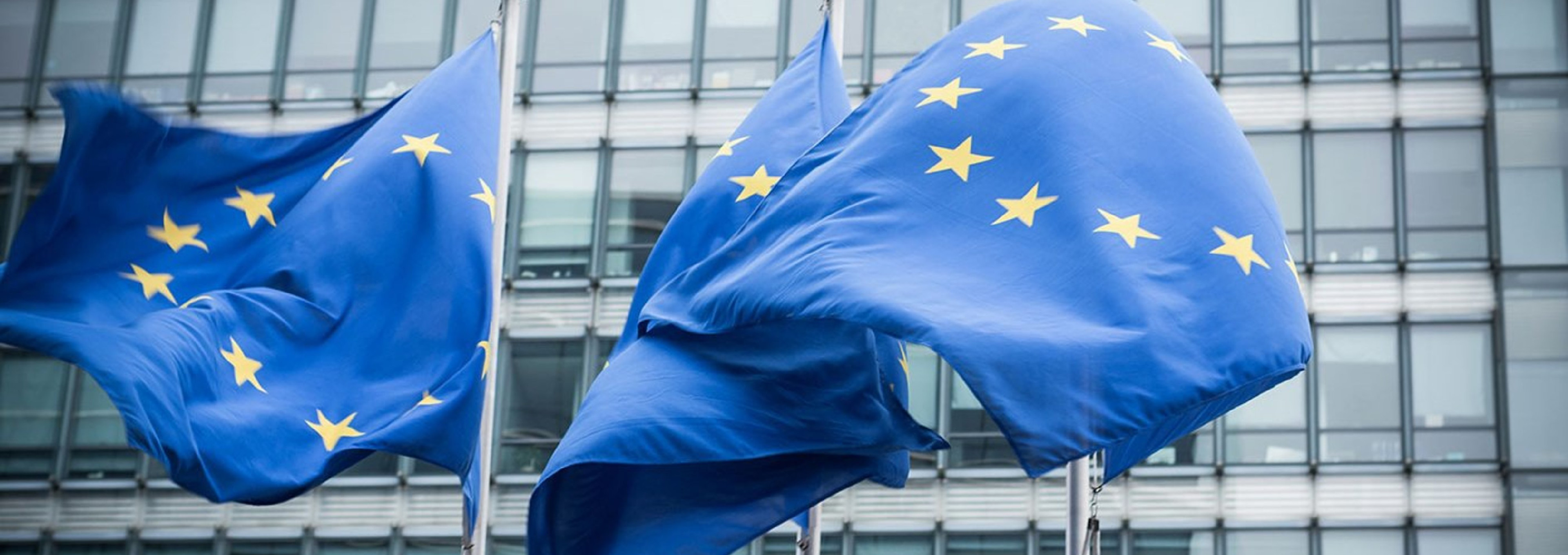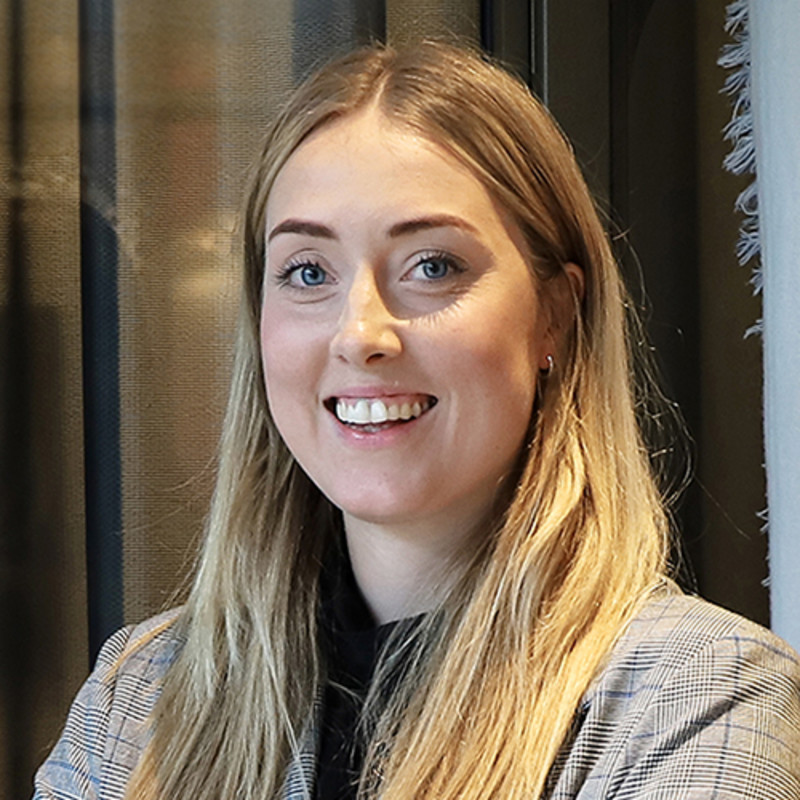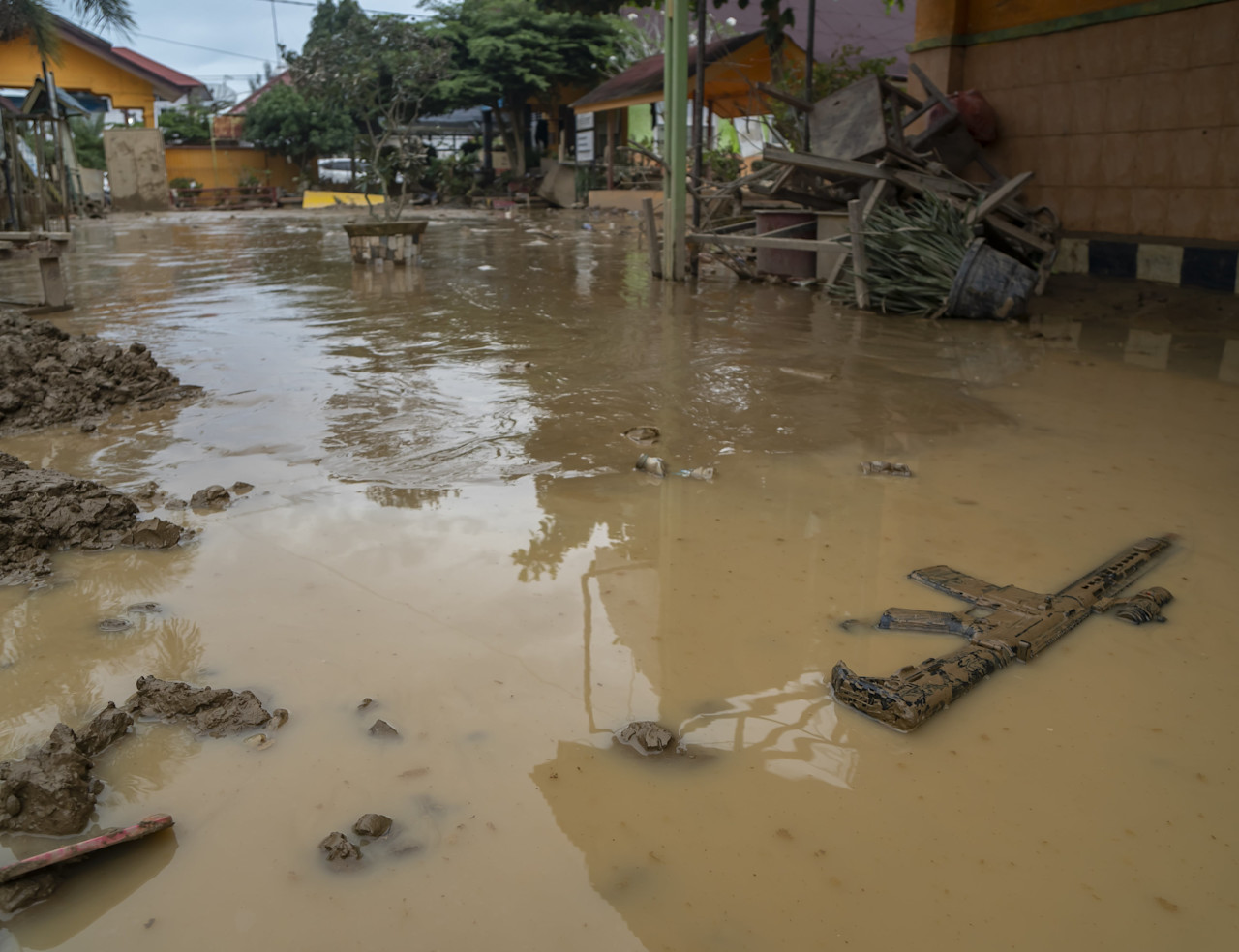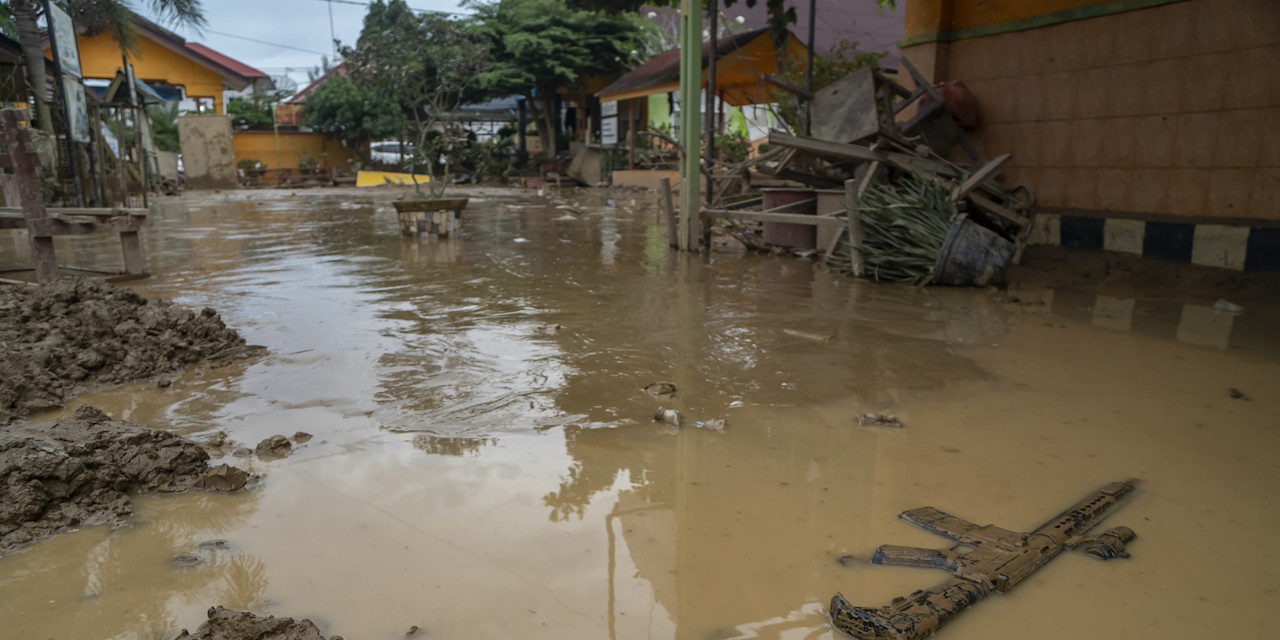

Implementing the second wave of SFDR
Building on our sustainable investing strengths while following new rules. That’s the essence of Robeco’s work in implementing the latest standards for the Sustainable Finance Disclosure Regulation (SFDR).
Summary
- Second level of the SFDR regulation will apply from January
- Some Robeco funds will reclassify under the relevant Article
- No material changes to the underlying investment process
The EU is introducing the second level of its SFDR regulations which apply to all asset managers selling investment products within the 27-nation bloc from January. A notable update compared to the currently operating Level I regime is being made to Robeco’s operational definitions of what constitutes a sustainable investment.
The SFDR is not a labelling regime – rather it formalizes the principle that financial products which promote sustainable characteristics, or claim to have sustainable investment objectives, must comply with enhanced transparency rules.
While this will not affect the underlying sustainable integration that Robeco has practiced for decades, there will be a number of fund reclassifications as a result of applying the new rules.
There are currently three classifications of funds: Article 6, which do not promote sustainability; Article 8, where environmental or social characteristics are promoted; and Article 9, where sustainable investment is a specific and provable objective. This will remain in place under Level II.
What has changed is that it became clear that Article 9 products should only contain investments that can be defined as sustainable within the meaning of the SFDR.1 The regulatory definition of sustainable investment within the SFDR is:
The fund and its underlying assets should contribute to an environmental or social objective
They must not do significant harm to any other environmental or social objective
The investee companies must follow good governance practices.
Applying Robeco’s updated operational definitions of what constitutes a sustainable investment means funds that wish to be classified as Article 9 need to be investing solely in sustainable investments, which Robeco deems to be one of three things.
Firstly, we can include companies that get positive scores of +1, +2 or +3 under Robeco’s proprietary SDG Framework.2 This assesses the contributions that companies can make to one or more of the 17 Sustainable Development Goals, on a scale from -3 (highly negative) through zero (neutral) to +3 (highly positive). A positive SDG score indicates that the company contributes positively to one or more SDGs without causing harm.
Secondly, if a fund has a specific carbon reduction objective and uses a Paris-Aligned Benchmark or a Climate Transition Benchmark, the constituents of those benchmarks are also considered to be sustainable investments. Finally, investments in green, social, and sustainability bonds will be eligible as sustainable investments as well.
Positive SDG scores
Applying the first, default definition means seven RobecoSAM-branded funds will be reclassified as Article 8, since the nature of their investment universes means they are allowed to include companies with either neutral or negative SDG scores. Indeed, RobecoSAM Global SDG Engagement Equities intentionally targets companies with SDG scores of -1, since they offer the best opportunities for betterment through engagement.
The other funds that will become Article 8 are RobecoSAM SDG Credit Income; RobecoSAM SDG High Yield Bonds; RobecoSAM Euro SDG Credits; RobecoSAM Global SDG Credits; and RobecoSAM Global Gender Equality Equities. Their investment universes span companies with positive to neutral SDG scores.
These funds still promote environmental and social factors, and the percentage of certifiable sustainable investments in the underlying assets remains high. This means that while they do not meet the 100% sustainability requirement to be eligible for Article 9, they still remain a high exposure towards those companies that are contributing to sustainable development.3
Climate-related benchmarks
Applying the second criteria affects the ‘Smart’ range of three RobecoSAM-branded funds. Since these funds have a carbon reduction objective, they must have a climate-related benchmark in order to retain their Article 9 classification.
It was therefore decided that RobecoSAM Smart Energy Strategies, RobecoSAM Smart Mobility Strategies, and RobecoSAM Smart Materials Strategies will follow a Climate Transition Benchmark. This additional benchmark will be used for steering, measuring and monitoring the carbon objective of the funds; for outright performance, the fund will continue to follow the MSCI World Index.
Further guidance on the eligibility of government bonds to be deemed as sustainable investment instigated the re-classification of the RobecoSAM Climate Global Bonds fund as Article 8. Non-ESG labeled government and government-related bonds are not eligible as sustainable investments.
It’s an ongoing process
The SFDR and its levels of implementation affect all asset managers selling products within the EU. “We are starting to see that managers are reviewing their approach to SFDR and subsequently classifications – a natural step towards finding a common ground on the interpretation of the regulation in the market,” says Malene Christensen, sustainable investment specialist at Robeco.
“According to a Morningstar Q2 review of Articles 8 and 9, 16 funds outside Robeco were reclassified in the second quarter of 2022. So we are already starting to see some reclassification in the market, speaking to the fact that managers are becoming more cautious in their approach.”
“With Robeco meeting the Level II requirements ahead of the regulatory deadline, we expect to see more reclassifications in the market as Level II enters into force, and as the market finds more common ground.”
Stopping greenwashing
Christensen says it is important not to view SFDR as a product labeling game. The regulation is set out to increase transparency and enable the end-user to clearly understand and compare the underlying sustainability characteristics of any investment fund. This forms part of a wider challenge in preventing greenwashing – where a fund (or product) claims to be sustainable when in fact it isn’t.
“The greater the number of sustainability claims that a manager makes related to an investment product, the more that product is subject to disclosures and scrutiny on the binding sustainability elements in the investment strategy, such as the percentage of investments in Taxonomy-aligned activities, and so forth,” she says.
“To this end, we hope and expect that the current focus on classifications will be replaced with a focus on the underlying elements, such as the percentages of sustainable investments in the fund, its Taxonomy alignment, and the Principal Adverse Impact Indicators that are applicable.”
1 With the exception of non-sustainable investments for hedging or liquidity purposes.
2 Exception for the thematic funds. These are allowed to have 10% of their investments in companies with a neutral SDG score if it can be shown that the company is engaged in innovative, sustainable activities that are not yet captured by Robeco’s SDG Framework.
3 Article 9 funds are still allowed to hold non-sustainable investments for hedging and liquidity purposes.

SFDR regulation
SFDR is an evolving set of EU rules aiming to create a level playing field for how sustainable investment strategies are classified by asset managers. It helps to clarify the definition of a ‘sustainable fund’ and combat the growing threat of greenwashing.





















